
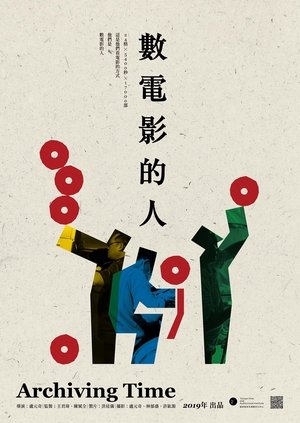
Archiving Time(2019)
In Taiwan, there is a group of people participating in this race against time. They are hidden inside the film archive of New Taipei City’s “Singapore Industrial Park”, where the 17,000-plus film reels and over a million film artifacts have become their spiritual nourishment. Day after day, they shuttle back and forth inside, carrying their doubts, their learnings, and their faith. What they are doing is awakening these long-neglected film reels, then piecing together the no-longer-existent social atmospheres and lives of distant pasts recorded on them. And spending time in this archive has become everyday life for these film archivists and restorers.
Movie: Archiving Time
Top 10 Billed Cast
Himself
Himself
Himself
Himself
Himself
Herself
Herself
Himself
Himself
Himself
Video Trailer Archiving Time
Similar Movies
 5.8
5.8Room 999(fr)
In 1982, Wim Wenders asked 16 of his fellow directors to speak on the future of cinema, resulting in the film Room 666. Now, 40 years later, in Cannes, director Lubna Playoust asks Wim Wenders himself and a new generation of filmmakers (James Gray, Rebecca Zlotowski, Claire Denis, Olivier Assayas, Nadav Lapid, Asghar Farhadi, Alice Rohrwacher and more) the same question: “is cinema a language about to get lost, an art about to die?”
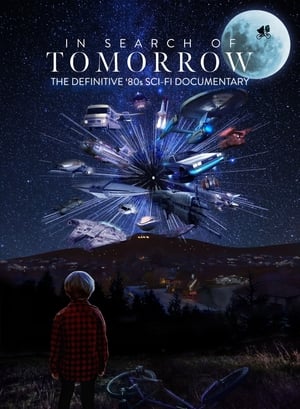 6.5
6.5In Search of Tomorrow(en)
A nostalgic journey through ’80s Sci-Fi-films, exploring their impact and relevance today, told by the artists who made them and by those who were inspired to turn their visions into reality.
 6.8
6.8His Name Was Jason: 30 Years of Friday the 13th(en)
A retrospective documentary about the groundbreaking horror series, Friday the 13th, featuring interviews with cast and crew from the twelve films spanning 3 decades.
 0.0
0.0Islands of Forgotten Cinemas(hr)
A poetic documentary about the lost film culture in the small villages on the Croatian islands during the SFR of Yugoslavia.
 2.6
2.6Twa-Tiu-Tiann(zh)
Through a famous painting "South Street Festival", a Taiwanese college boy unexpectedly travels 100 years back in time, back to the 1920's, when Taiwan was under Japanese rule. He is stuck, he panics, he wants to return to 2014 but soon changes his mind, not just because of the prettiest geisha girl in town...
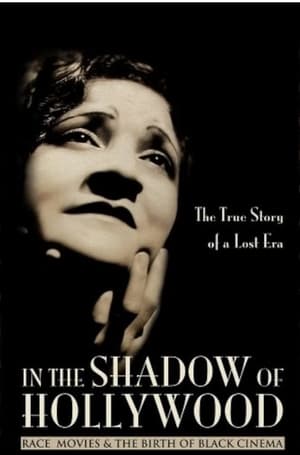 6.5
6.5In the Shadow of Hollywood: Race Movies and the Birth of Black Cinema(en)
This documentary captures the sounds and images of a nearly forgotten era in film history when African American filmmakers and studios created “race movies” exclusively for black audiences. The best of these films attempted to counter the demeaning stereotypes of black Americans prevalent in the popular culture of the day. About 500 films were produced, yet only about 100 still exist. Filmmaking pioneers like Oscar Micheaux, the Noble brothers, and Spencer Williams, Jr. left a lasting influence on black filmmakers, and inspired generations of audiences who finally saw their own lives reflected on the silver screen.
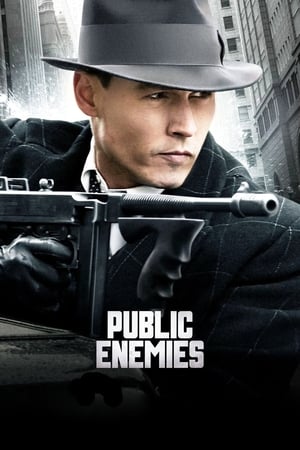 6.7
6.7Public Enemies(en)
Depression-era bank robber John Dillinger's charm and audacity endear him to much of America's downtrodden public, but he's also a thorn in the side of J. Edgar Hoover and the fledgling FBI. Desperate to capture the elusive outlaw, Hoover makes Dillinger his first Public Enemy Number One and assigns his top agent, Melvin Purvis, the task of bringing him in dead or alive.
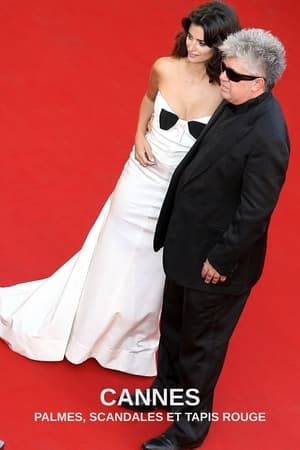 8.0
8.0Cannes : Palmes, scandales et tapis rouge(fr)
How could the Cannes Film Festival become the biggest cinema event in the world? For 75 years, Cannes has succeeded in this prodigy of placing cinema, its sometimes paltry splendors but also its requirements of great modern art, at the center of everything, as if, for ten days in May, nothing was more important than it. This film tells how Cannes has become the largest film festival in the world by opening up to cinematic modernity while never forgetting that cinema remains a performing art, a popular art.
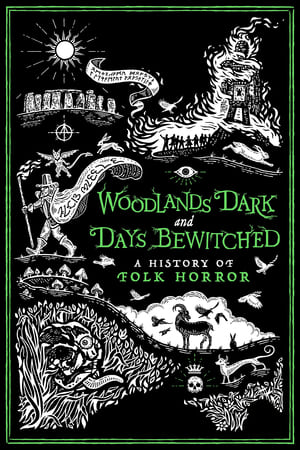 7.4
7.4Woodlands Dark and Days Bewitched: A History of Folk Horror(en)
An exploration of the cinematic history of the folk horror, from its beginnings in the UK in the late sixties; through its proliferation on British television in the seventies and its many manifestations, culturally specific, in other countries; to its resurgence in the last decade.
 0.0
0.0The Simón's Jigsaw: A Trip to the Universe of Juan Piquer Simón(es)
A journey through the work of Spanish filmmaker Juan Piquer Simón (1935-2011).
 6.0
6.0Die Liebe des Hans Albers(de)
He is considered to be one of the greatest German film stars, Hans Albers, known as "Der blonde Hans", a man made for the cinema. He was an actor, singer, idol of the Germans - and darling of the Nazis. Nevertheless, he could not protect his great love, the Jewess Hansi Burg. In 1938 she had to flee to London from anti-Semitism in Germany. But Albers himself stayed in Germany and continued to film, driven by a desire for a career and the call of money. In 1946, one year after the end of the Second World War, they meet again: Hansi Burg returns to the land of the murderers of her parents in the uniform of the British Army and visits Hans Albers in his villa on Lake Starnberg. He lives there with another woman. The rival has to go, then there is a tense debate. For a day and a night, the blonde Hans has to face uncomfortable questions and even more uncomfortable truths.
 7.5
7.5Vivien Leigh, autant en emporte le vent(fr)
In "Gone with the Wind" she was an unforgettable Scarlett O'Hara. Beauty, two-time Oscar winner, celebrated Hollywood star and great Shakespearean interpreter - Vivien Leigh was all that. Behind the celebrity, however, was a fragile person. Her bipolar disorder clouded her success and her private happiness.
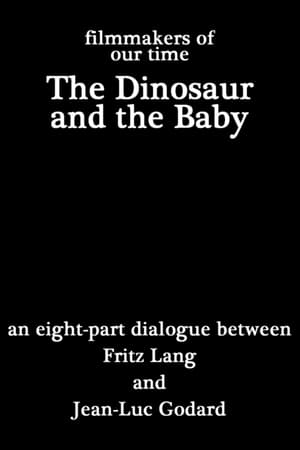 6.0
6.0The Dinosaur and the Baby(fr)
An hour-long discussion between Fritz Lang and Jean-Luc Godard in which they discuss a variety of art forms, the role of the cinema, their collaboration together, and much more. (Filmed in 1964 but released for TV in 1967.)
 0.0
0.0Afro Promo(en)
Co-curated by Jenni Olson and the late Black gay activist Karl Knapper, this entertaining showcase of vintage movie trailers traces the evolution of African American cinema through its most crucial period, 1952-1976. Filled with insights on race and social dynamics, this fascinating compendium of coming attractions explores an extensive range of stylistic approaches—Blaxploitation, Comedy, Music Bio, Plantation Drama and more—offering an outrageous joyride through motion picture history. Beyond mere camp, these marvelously condensed gems crystallize a range of African American identities and personalities, tracking the meteoric careers of Sidney Poitier, James Earl Jones, Billy Dee Williams, Richard Pryor, Pam Grier and others through their bold performances in movies both hugely popular and practically forgotten. Afro Promo provides a compact glimpse at the representation of African Americans through twenty-five dynamic years of American cinema history.
 3.2
3.2Großes Kino made in DDR(de)
In 2016, DEFA celebrates its 70th anniversary: the film embarks on a journey into the exciting film history of the GDR. In a comprehensive kaleidoscope, the importance of DEFA productions is illuminated, the relevance of the films as propaganda productions for the GDR, which socio-political themes were in the foreground, but also which heroes DEFA brought to the screen and celebrated as people from the people.
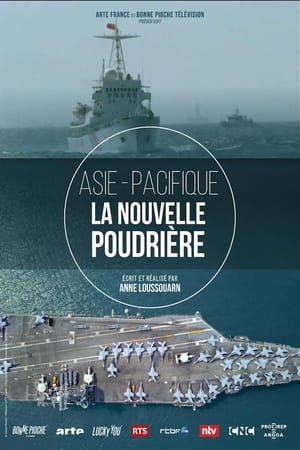 7.0
7.0Asie-Pacifique - la nouvelle poudrière(fr)
As soon as he came to power in 2012, Xi Jinping clearly stated his ambition for a national renaissance. He will combine this with the construction of a powerful army and a certain vision of Chinese territory, which includes the reunification of Taiwan. In this quest, control of the oceans has become a crucial issue, and America an obstacle. In the South China Sea and the Pacific, the Chinese Communist Party has been pursuing a strategy to undermine American influence for the past decade. Relying on the active participation of maritime militias - fishermen trained by the military - China is creating a grey area between war and peace that destabilizes both its neighbors and the world's leading military power.
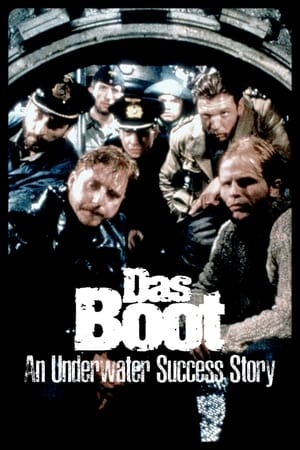 6.6
6.6Das Boot Revisited: An Underwater Success Story(de)
In 1981, a film about the misadventures of a German U-boat crew in 1941 becomes a worldwide hit almost four decades after the end of the World War II. Millions of viewers worldwide make Das Boot the most internationally successful German film of all time. But due to disputes over the script, accidents on the set, and voices accusing the makers of glorifying the war, the project was many times on the verge of being cancelled.
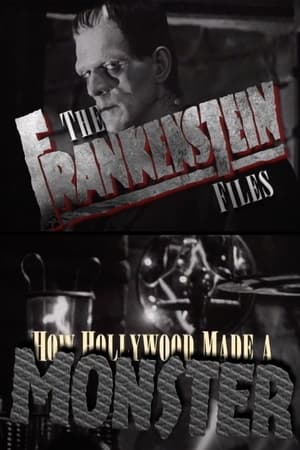 7.7
7.7The 'Frankenstein' Files: How Hollywood Made a Monster(en)
The history of Frankenstein's journey from novel to stage to screen to icon.
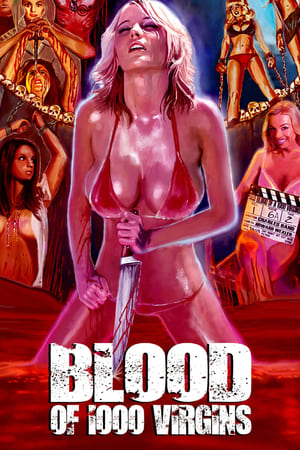 5.8
5.8Blood of 1000 Virgins(en)
The question of "who hunts virgins" and more will be stripped down and explored in the sexiest trailers hosted by Playboy's Nikki Leigh.

